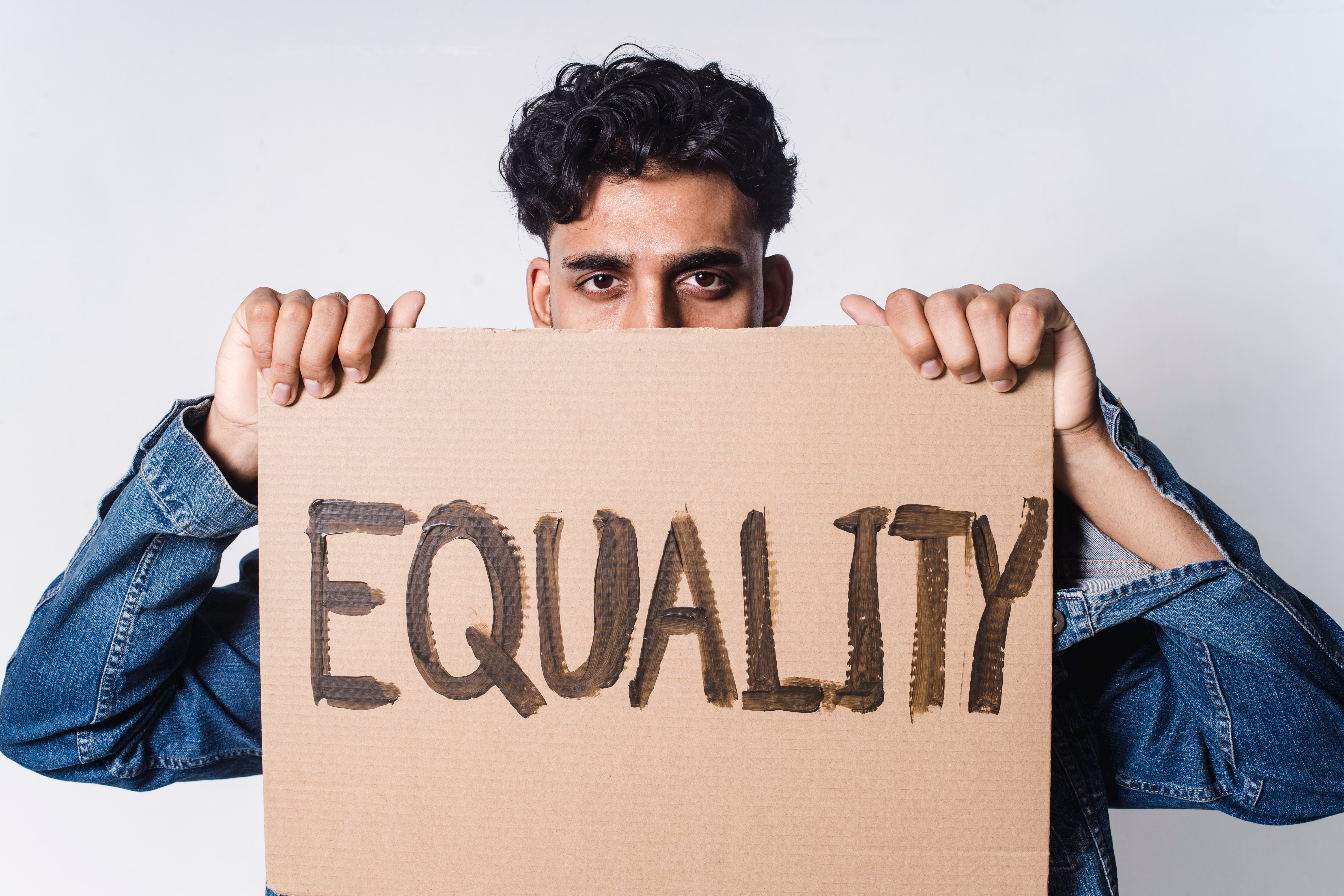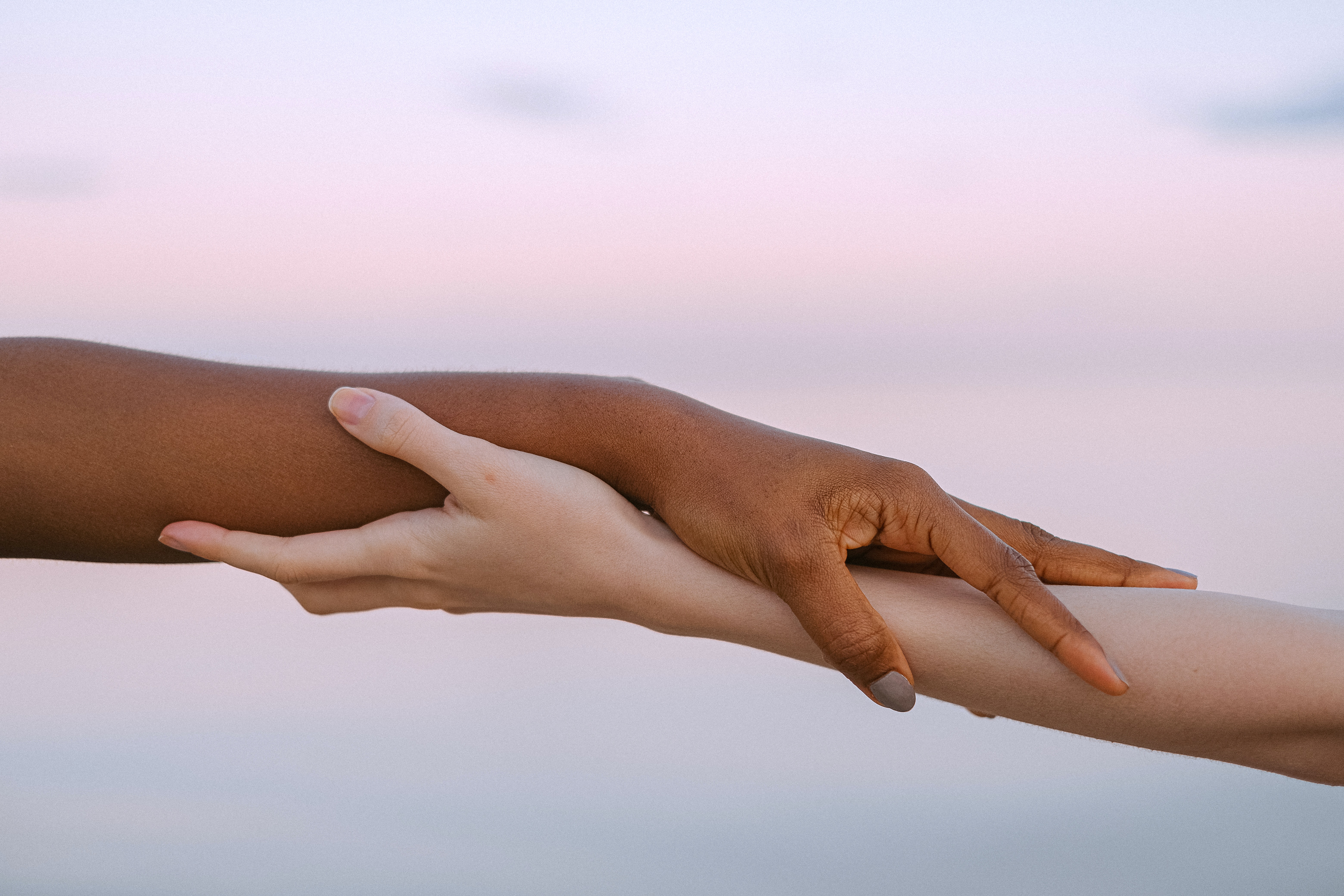ThoughtFull Resources
ThoughtFull Resources

- Oct 7, 2021
-
3 min read
Nurturing Mental Health Equality in an Unequal World
Updated: Jan 27

Source: Pexels
From poverty, racism to gender discrimination - obviously social inequality exists all around us. Moreover, public discourse rarely acknowledges how these unjust circumstances further escalate into a host of mental health burdens. Therefore, in line with World Mental Health Day this 10th October 2021, we’d like to explore the troubles marginalized groups face. More importantly, we’ll dive into how we can collectively improve mental health rights for those who need it most.
Social Inequality and Its Impact on Mental Health
Adverse experiences that come with being identified with a particular cultural or social group increase their risk of mental health problems. A host of research has found that social discrimination increases vulnerability to bullying, hate crimes, and even healthcare inaccessibility. Here are some different forms of social inequality and their impact:
1. Financial inequality
Financial or economic inequality is the unequal distribution of income and opportunity between different groups in society. From debt to unemployment, people in the lowest socioeconomic class are known to have the highest risk* of mental health issues.
Furthermore, people with mental health issues face substantial barriers to re-entering the job market. This 2018 survey* found that 56% of employers were reluctant to employ someone with a mental health problem. The survey also showed that organizations viewed employing individuals with mental health problems as a ‘significant risk’ to their business. As a result, these people become trapped in poverty - which is linked* to further depressive disorders, anxiety disorders, and psychological distress.
2. Racial inequality
Racial inequality or racism means being treated differently or unfairly because of our race, skin colour, or ethnicity. This form of discrimination can happen anywhere - at school, at work, or home, and even online. Moreover, being a victim of racism is associated* with an array of mental health problems.
A 2018 meta-analysis of 214 studies examined racial/ethnic discrimination and adolescent outcomes. It found that discrimination was correlated to multiple indicators of socio-emotional distress (eg, depressive symptoms) and internalizing symptoms (eg, anxiety, and loneliness). Not only that, marginalized ethnicities also experience discrimination when seeking mental health services.
3. Gender inequality
Gender inequality is discrimination on the basis of sex or gender causing those affected to be routinely deprioritized. The World Health Organization (WHO) recognizes that health outcomes are unequal especially for women and LGBTQ+ people.
A study* found that women who experienced the highest accumulation of experiences of discrimination reported the highest levels of depressive symptoms. Overt social and economic inequalities for women can be seen in less pay for similar jobs, under-representation in leadership positions, and the higher level of psychosocial stressors such as caregiver stress and domestic abuse.
Regarding discrimination against LGBTQ+ people, bullying and violence place LGBT+ people at substantial risk of poor mental health outcomes as well. This is evident through their link* to suicide attempts, substance use, and difficulties attending school.
How can we embrace social equality?

Source: Pexels
Given the robust proof for various social, economic, cultural, and environmental drivers of poor mental health, lowering the prevalence of mental health troubles calls for holistic strategies that address these factors.
1. Public policy
While political leaders should ensure that their statements about minority groups are accurate, action should be taken to enforce the legal protections currently in place. These legal actions should be taken to prevent bullying and hate crimes that are motivated by negative stereotypes around gender, sexual orientation, body image, disability, or ethnicity.
2. Communities
It is not enough to expect public policy alone to achieve the level of change required. To make a real difference and reduce the number of people facing distress, we need to build strong, resilient, sustainable communities. In short, we need to empower people to use their strengths, resources, and compassion to build thriving communities.
For disadvantaged groups, another effective means of preventing mental health problems is to support their empowerment and participation in society. These efforts should also be extended to organizations to improve equality in the workplace.
3. Individuals
For individuals who have experienced ongoing discrimination, the evidence* suggests that emphasizing the positive and trying to change one’s environment is most effective. Seeking social support and having a strong sense of identity can also be helpful.
Parents of affected groups can also educate* their children on how to identify discrimination. This provides our future generations with role models who demonstrate appropriate responses. Additionally, both parents and children have a better understanding of the experience of discrimination and how to seek emotional support when needed.
Summary
The evidence is clear. Inequalities can influence and sometimes directly cause mental health problems. The good news is that it is possible to act, collectively and individually, to reduce the mental health consequences caused by inequality.
Ultimately, each of us has a role to play in advocating for such change. This includes being active participants in our communities, articulating the desire to nurture resilient networks, and maintaining compassion towards the people around us. By doing so, policies, authorities, and organizations that support mental health can align with individuals’ aspirations to thrive and flourish equally!
Read other Therapy Related Resources:
We’re Here to Help!
💼 Want to build healthier and more resilient organisations with ThoughtFullChat’s evidence-based coaching and curated mental wellbeing programs? Email us at hello@thoughtfull.world to get a free assessment and demo.
👤 Looking for a professional to support your personal mental wellness journey? Be sure to download our app on the App Store and Google Play to connect with a certified ThoughtFull Professional today!
Interested to know more on such topics? Follow us on LinkedIn, Instagram and Facebook.
Reference Links:
